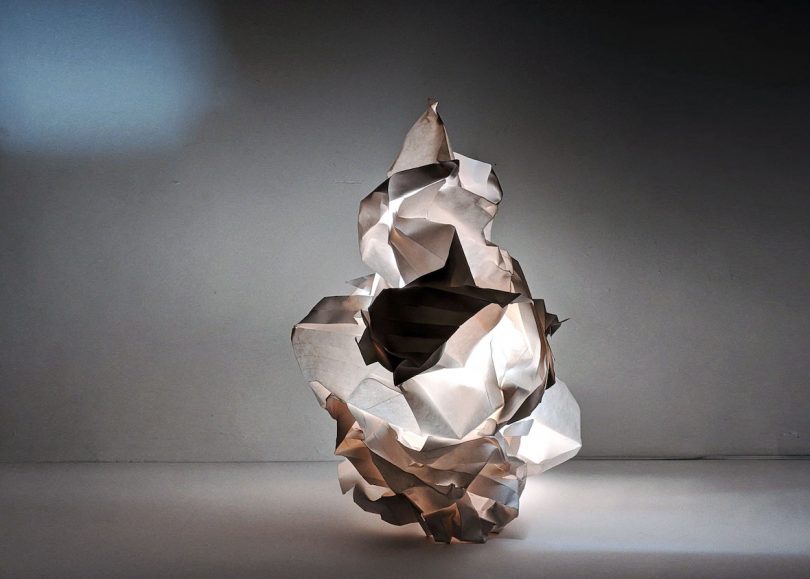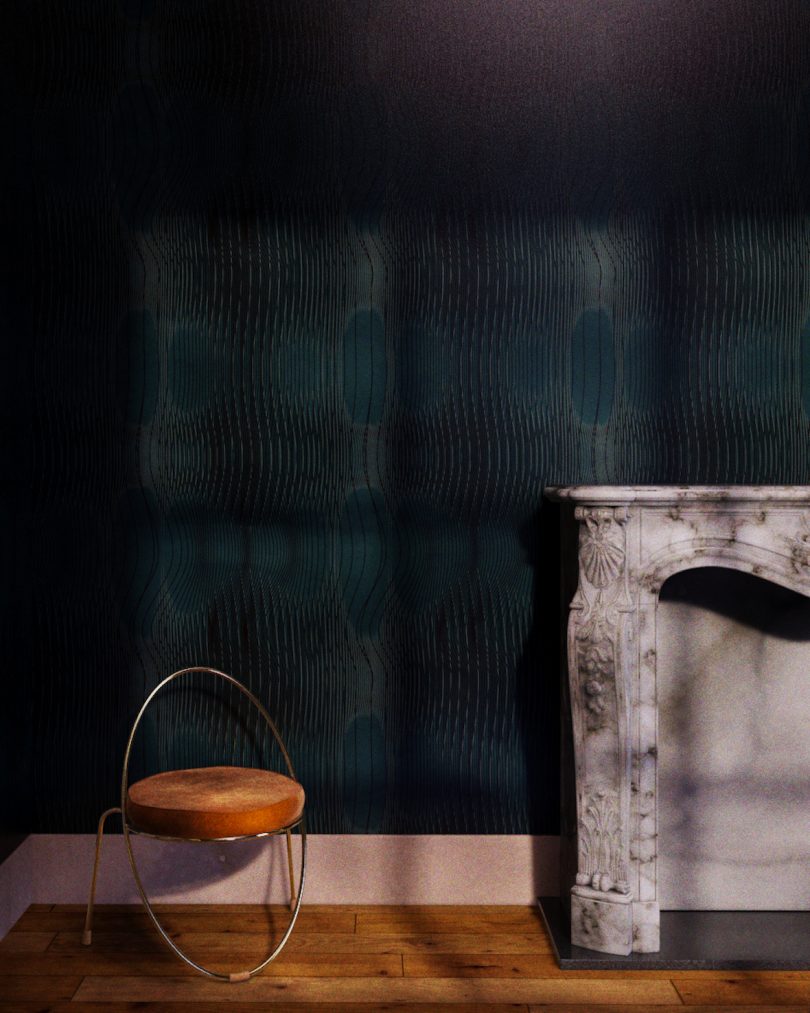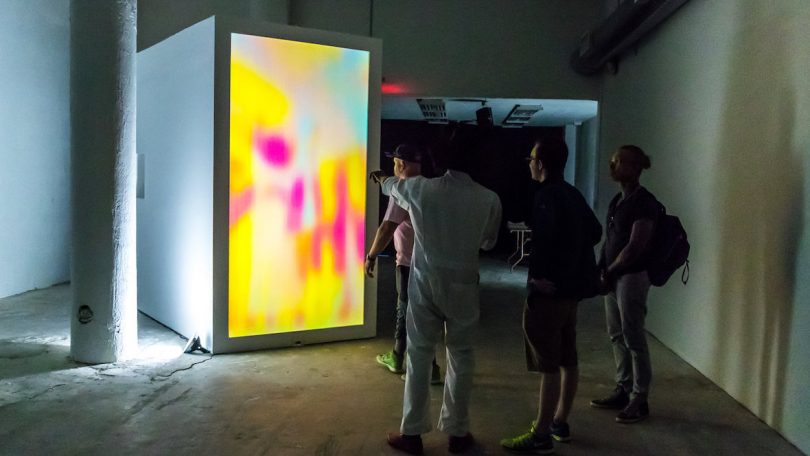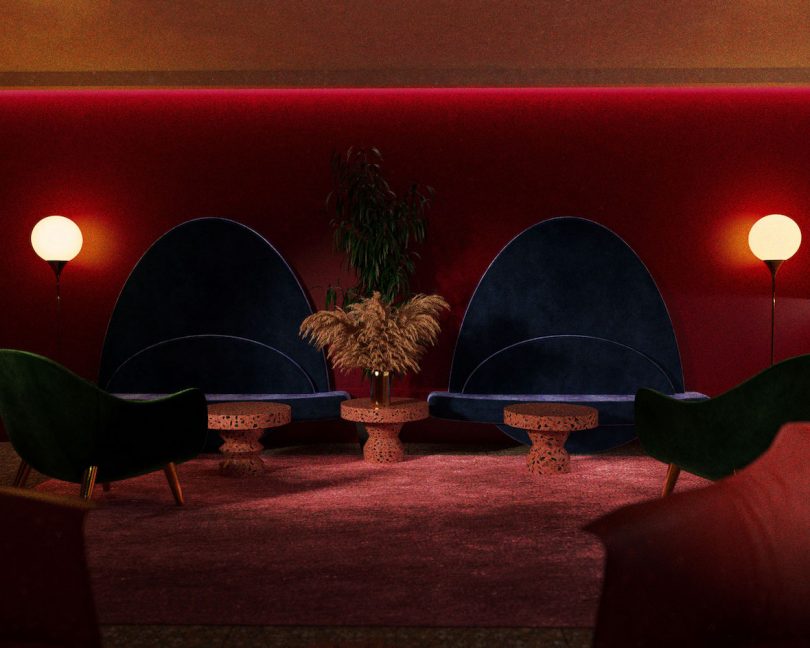When is a steady job “a golden cage” for ambitious creatives? Why aren’t the best furniture designers paid as well as their counterparts in fashion? Why are we all stuck on the same size bed frames and what, if anything, does the world of virtual reality and NFTs have to offer forward-thinking designers?
New Orleans-based polymath Bradley L. Bowers tackles all those questions and more in this week’s Milkshake. We love Bradley’s Pinch collection (drinking vessels like tea cups and espresso cups in hand-friendly shapes and textures), his Halo lanterns, his Moire collection of wallpaper – but also for his restless, relentless creative drive and seemingly boundless curiosity, which extends not just to formal questions but the practicalities of the design business as well. Here, Bradley games out the realities of a corporate job versus entrepreneurship. The latter, he says, is not for everyone: “We have to dismiss the idea that a steady paycheck is the goal – it is, or it can be, a golden cage,” he says. “I was told that when I worked at Procter & Gamble that in taking the job, there would be a golden cage. It would be beautiful. It would be pristine. It would be immaculate. It would be polished every day – but it’s still a cage.” For those who can stomach it, Bowers recommends going out on your own: “My advice to people is to find something that when it’s horrible, you can still tolerate it – because it will become horrible,” he says. “[Entrepreneurship] will be demeaning. It will be debilitating. But it’ll also be uplifting. We don’t need to worry about it when it’s magical – what we need to worry about is, How do you survive when it’s horrid? How do you survive when you don’t have money in the bank?”
Also in this Milkshake, Bradley tells us about exploring the overlap between artisanal craftsmanship and rapid-prototyping, what the Industrial Revolution has to do with it, where he might have headed if he hadn’t gone to SCAD (the Savannah College of Art and Design), and what he thinks the furniture industry could learn from the fashion world: “The fashion industry pays its top creatives very, very well, and the furniture industry does not,” he says. For that plain talk and much more, tune in.
Diana Ostrom, who has written for Wallpaper, Interior Design, ID, The Wall Street Journal, and other outlets, is also the author of Faraway Places, a newsletter about travel.
Milkshake, DMTV (Design Milk TV)’s first regular series, shakes up the traditional interview format by asking designers, creatives, educators and industry professionals to select interview questions at random from their favorite bowl or vessel. During their candid discussions, you’ll not only gain a peek into their personal homeware collections, but also valuable insights into their work, life and passions.





